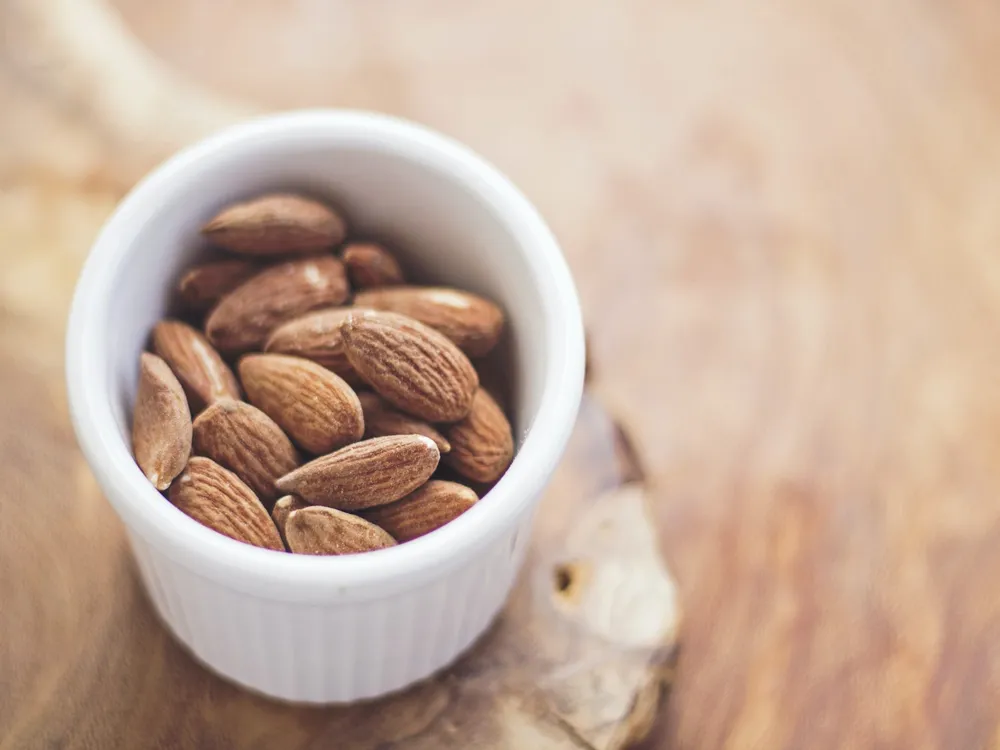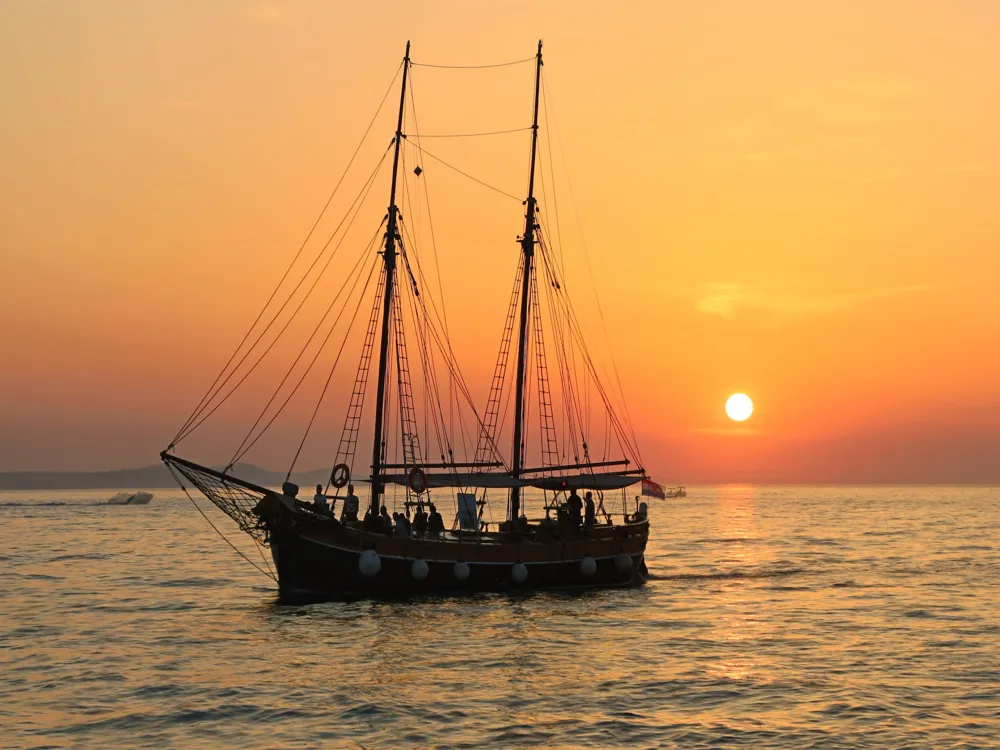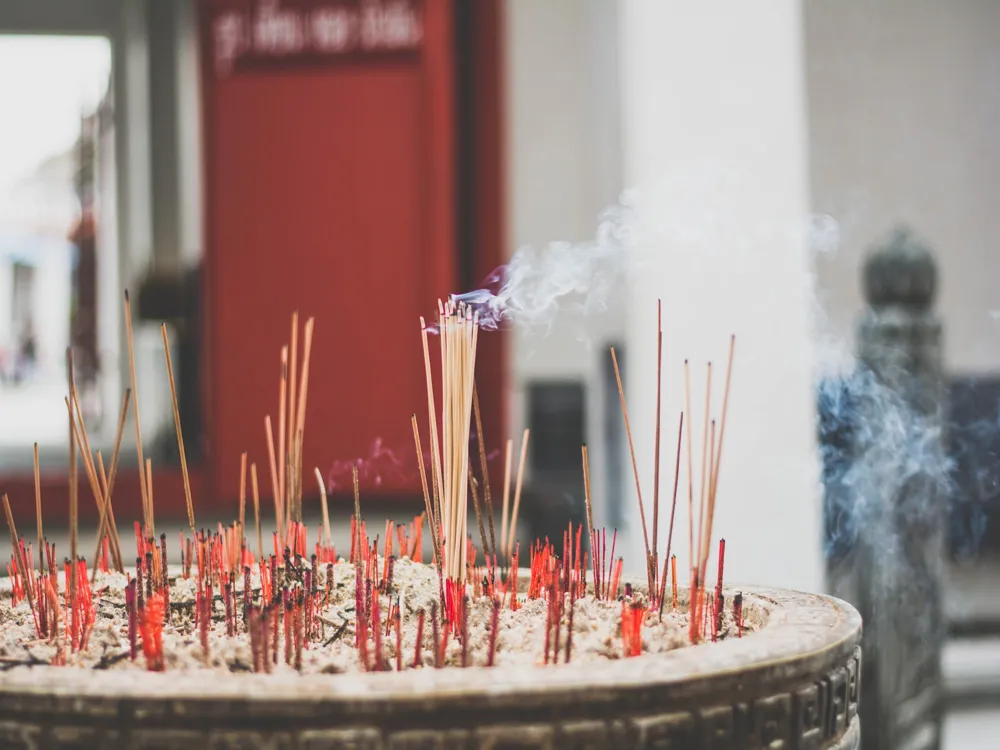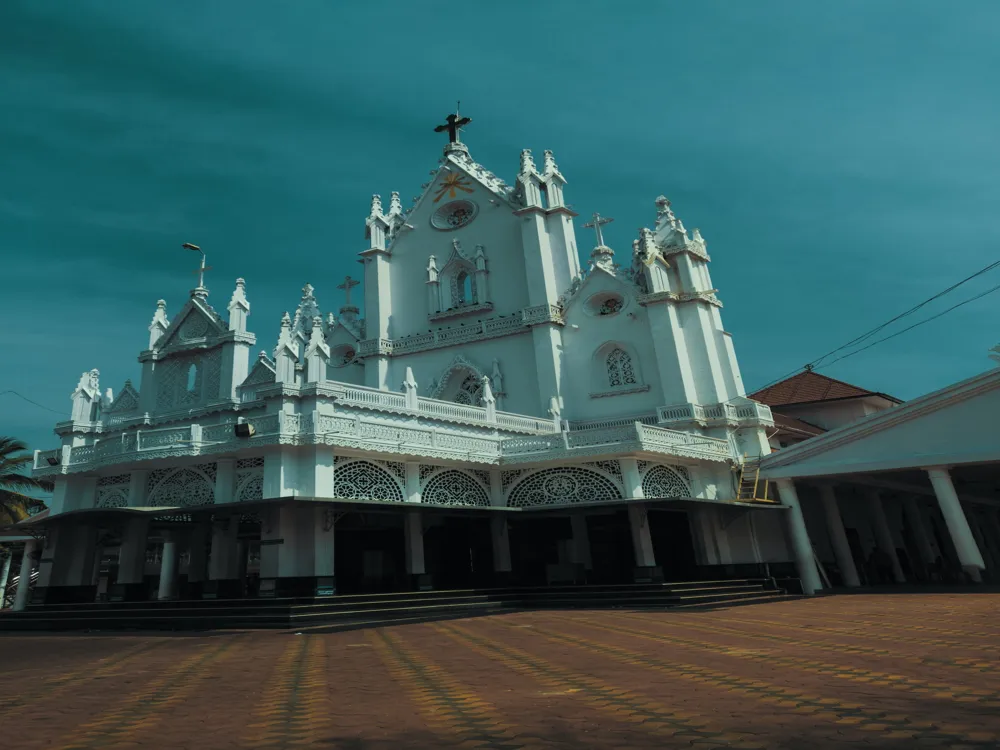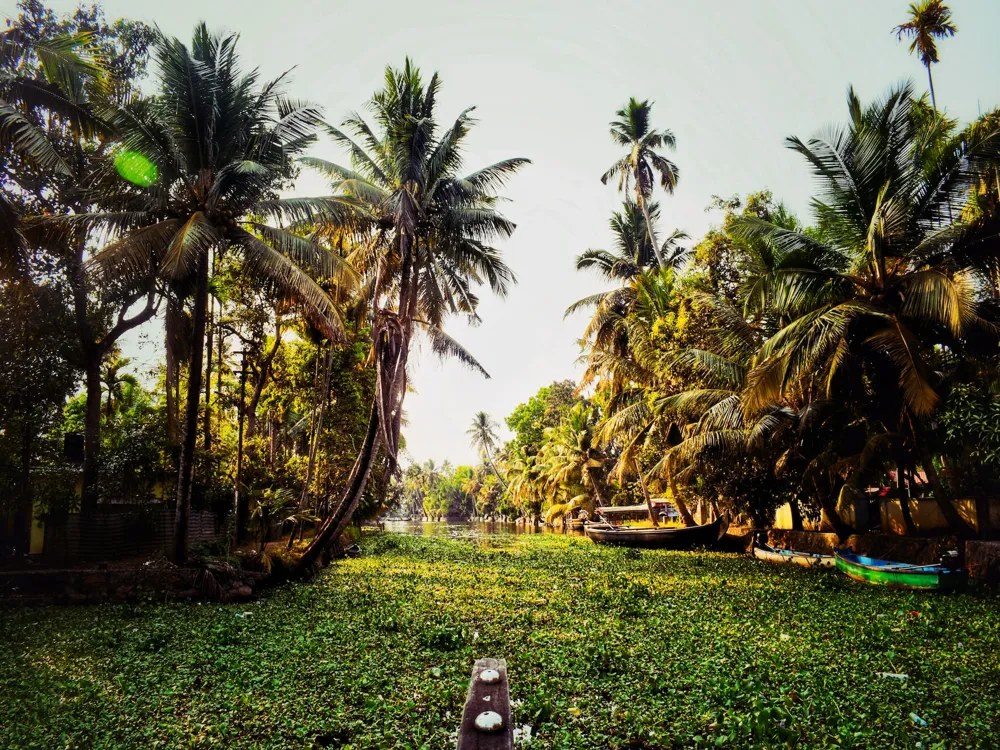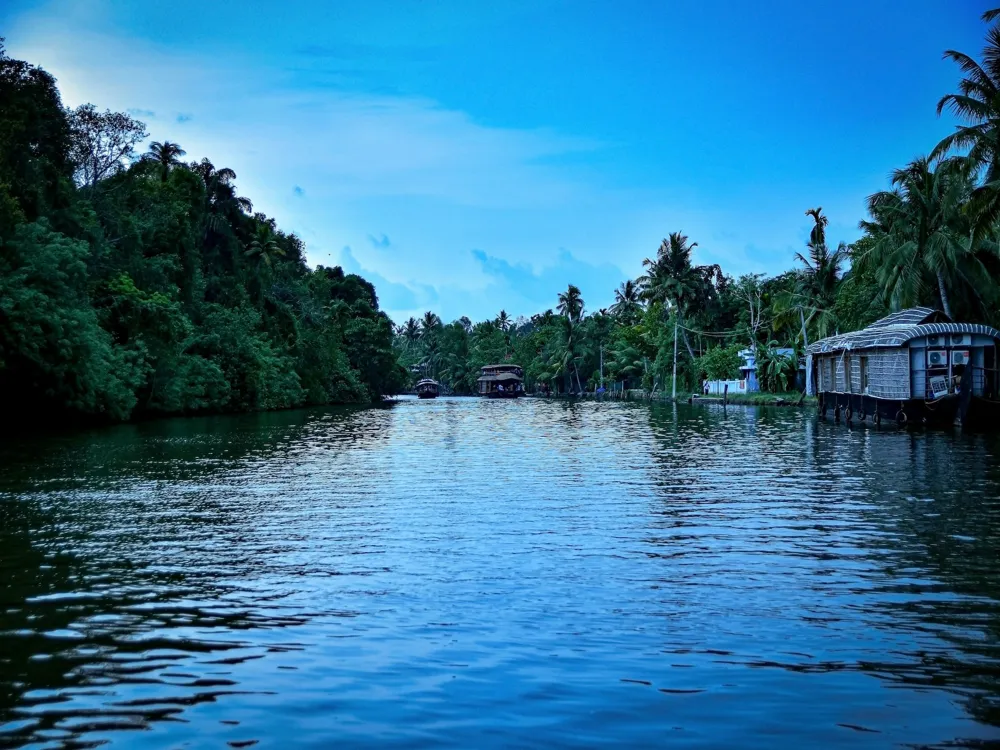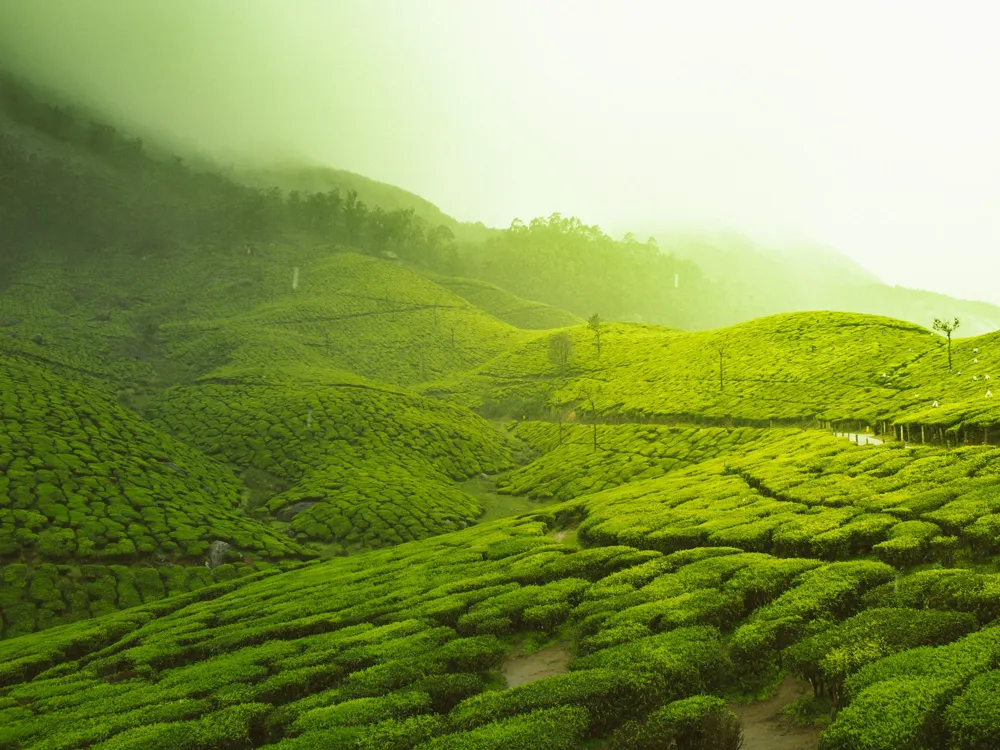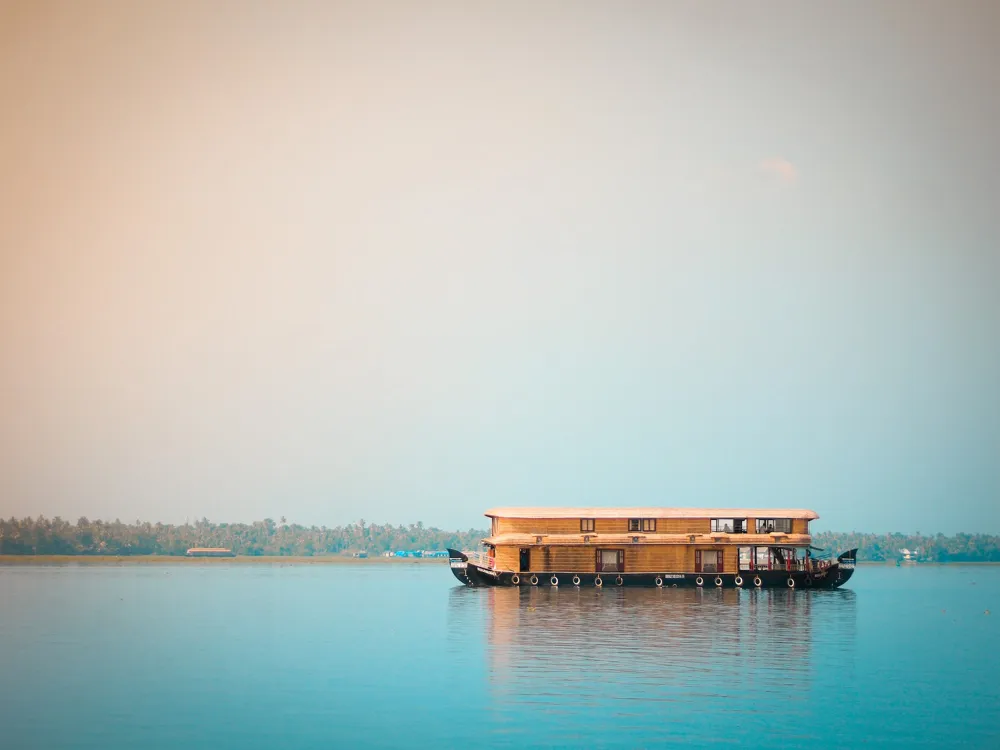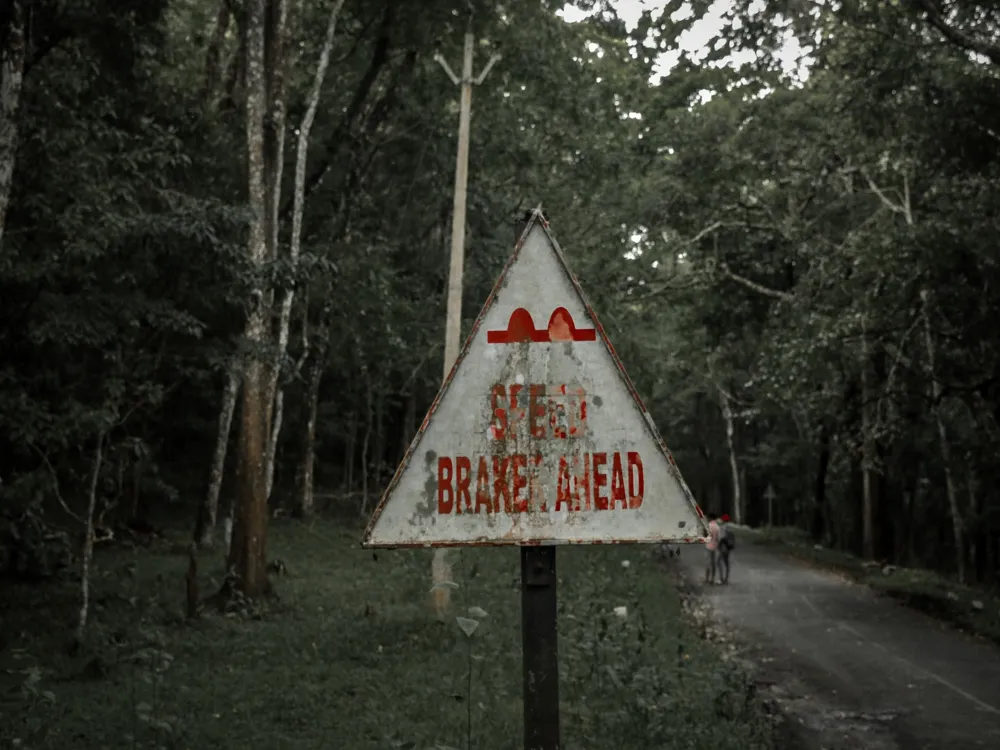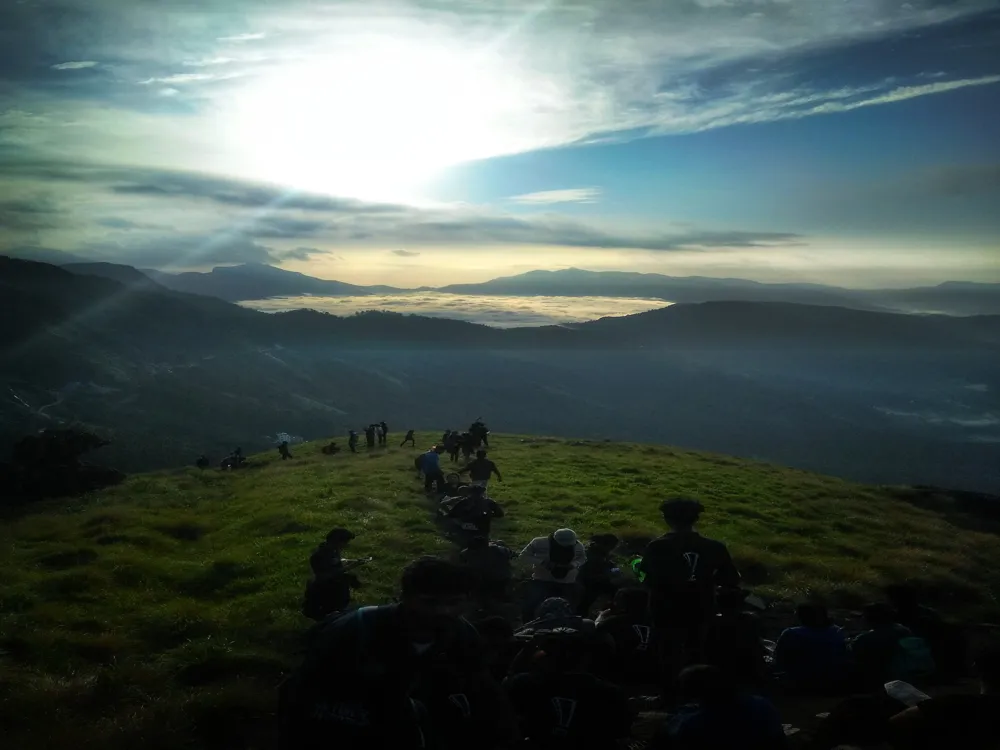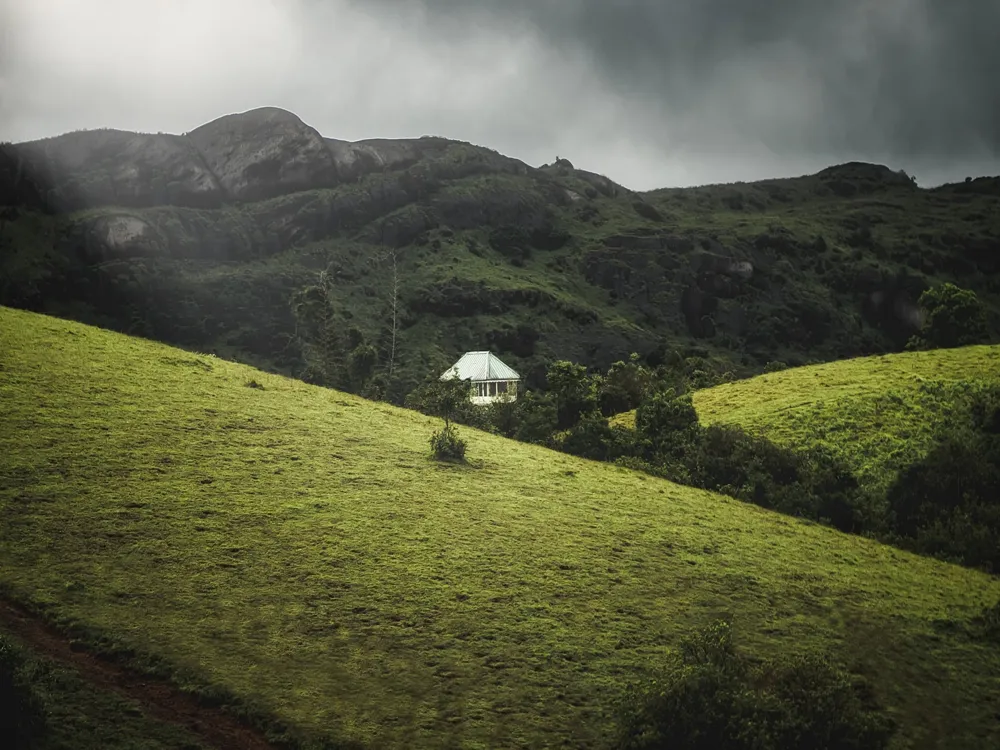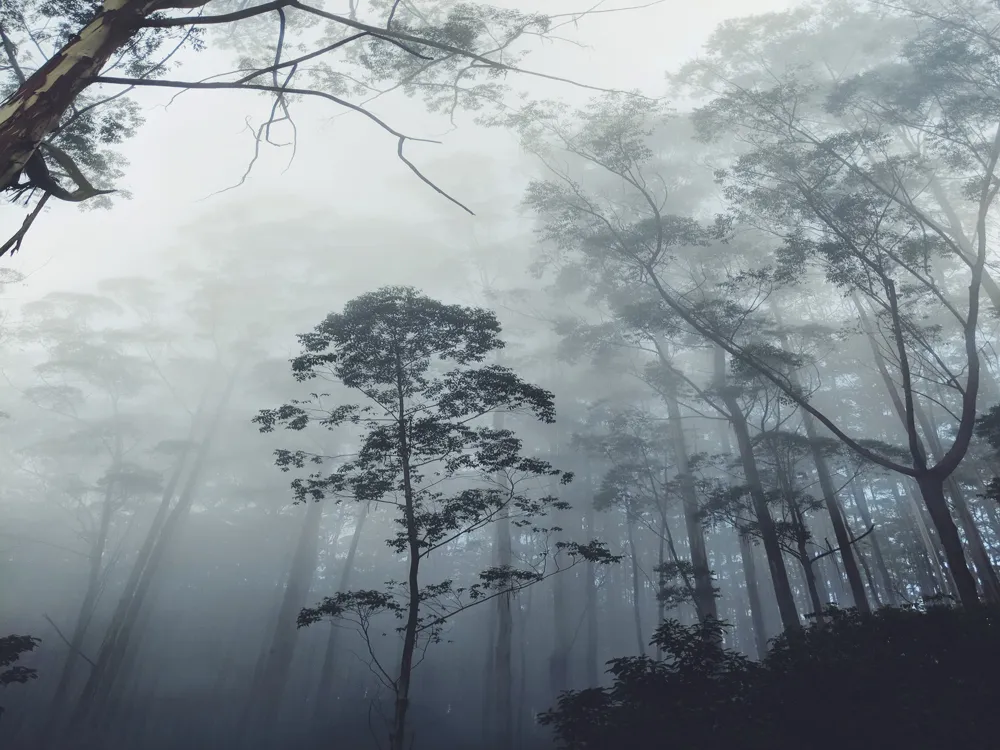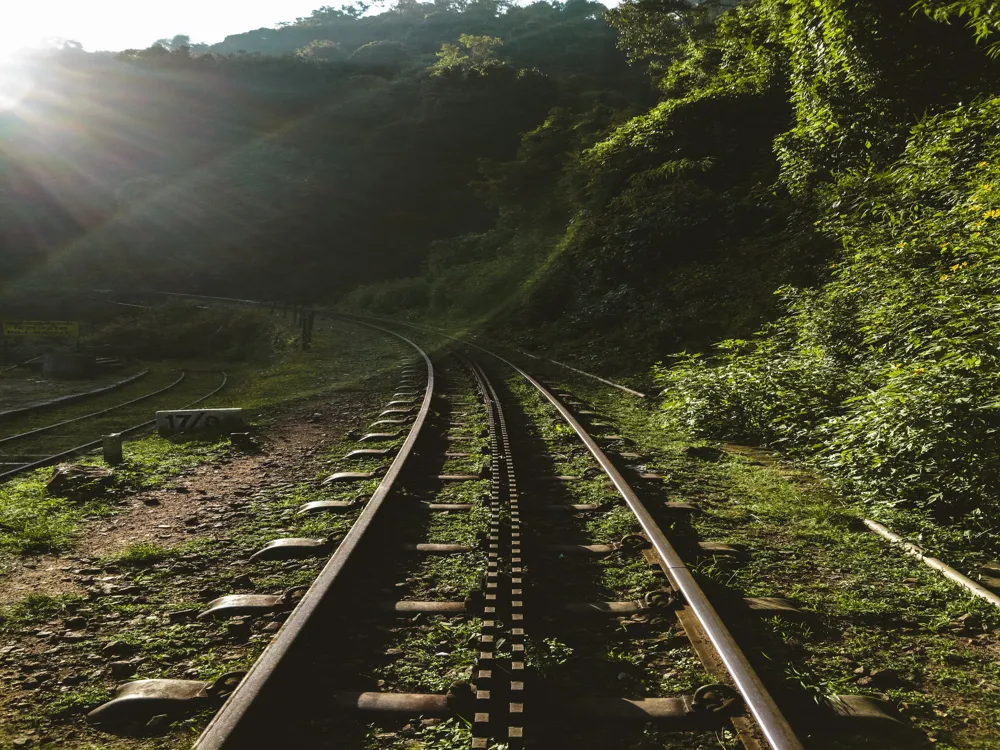Nestled in the heart of Kerala, Nadukani is a picturesque hill station that offers a serene escape from the hustle and bustle of city life. Located in Kottayam district, this enchanting destination is known for its lush green landscapes, rolling hills, and breathtaking views. The name 'Nadukani' translates to 'see the country,' which is apt given the panoramic vistas it offers of the surrounding countryside. This idyllic retreat is not just a feast for the eyes but also a haven for nature lovers and adventure enthusiasts alike. The region's history is as rich as its natural beauty, with a tapestry of cultural influences that have shaped its unique heritage. The area around Nadukani has been inhabited for centuries, with its culture deeply rooted in the traditions of Kerala. The local community, with their warm hospitality, adds to the charm of this hill station. The region's biodiversity is another aspect that draws visitors from far and wide. Home to a variety of flora and fauna, Nadukani is a bio-diverse hotspot that offers an opportunity to experience nature in its most pristine form. The climate in Nadukani is typically tropical, with pleasant weather prevailing throughout the year. Monsoons bring out the true beauty of the landscape, turning it into a lush green paradise. The cooler months are particularly delightful, making it an ideal destination for those seeking a respite from the heat of the plains. The hill station's natural beauty is complemented by its tranquil atmosphere, making it a perfect spot for relaxation and rejuvenation. From scenic treks to leisurely walks, Nadukani offers a range of activities for all age groups. The panoramic view points are a must-visit, offering stunning views of the surrounding hills and valleys. Bird watching is another popular activity, with the region being home to a variety of endemic and migratory bird species. The area also boasts of rich plantations, including spices and coffee, adding to the sensory experience of a visit to Nadukani. In summary, Nadukani is a gem in Kerala's crown, offering a blend of natural beauty, cultural richness, and a peaceful atmosphere. Whether you are an adventure seeker, a nature enthusiast, or just looking to unwind, Nadukani is a destination that promises an unforgettable experience. The architecture of Nadukani is a beautiful amalgamation of traditional Kerala style and modern influences. This unique blend is evident in the construction of homes, public buildings, and resorts in the area. The traditional Kerala architecture, known for its harmony with nature, is characterized by steeply pitched roofs, large verandas, and open courtyards. These features are not only aesthetically pleasing but also functional, providing natural cooling in the tropical climate. One of the most striking features of traditional architecture in Nadukani is the use of natural materials. Wood, laterite stones, and clay tiles are commonly used, reflecting a deep respect for the environment. The craftsmanship involved in the construction of these structures is a testament to the skill and artistry of the local artisans. Intricate wood carvings, ornate doorways, and beautifully designed pillars are common in many of the older buildings, adding to their charm and elegance. In recent years, there has been a conscious effort to blend modern architectural styles with traditional designs. This is particularly evident in the newer resorts and homestays that cater to tourists. While these structures offer all the modern amenities, they retain the essence of traditional Kerala architecture. The use of large windows and open spaces ensures that guests can enjoy the stunning views of the surrounding landscape. The architecture of Nadukani is not just about the buildings but also about the layout of the settlements. The houses are often spread out, surrounded by lush gardens and plantations. This spacing not only adds to the aesthetic appeal but also ensures that the natural beauty of the region is preserved. The integration of indoor and outdoor spaces is another hallmark of the architecture here, allowing residents and visitors to connect with nature seamlessly. In conclusion, the architecture of Nadukani is a beautiful reflection of the region's culture and its relationship with the natural environment. It offers a unique experience to visitors, combining the comfort of modern amenities with the charm of traditional design. The best time to visit Nadukani is from September to March when the weather is pleasant, making it ideal for sightseeing and outdoor activities. The monsoon season, from June to August, transforms the landscape into a green paradise, but heavy rains can make travel challenging. Kerala's rich cuisine is a must-try when visiting Nadukani. Local delicacies include seafood, coconut-based curries, and the famous Kerala Sadhya - a traditional vegetarian feast served on a banana leaf. Trying out the local coffee and tea is also highly recommended. When packing for Nadukani, include light clothing for the day and warmer layers for the evenings, as it can get cool. Rain gear is essential during the monsoon season. Don't forget to pack comfortable shoes for walking or hiking. It's important to respect local customs and traditions. Dress modestly, especially when visiting religious sites. Always ask for permission before taking photographs of people or private property. Nadukani is rich in biodiversity. Visitors are advised to respect wildlife habitats and follow guidelines to ensure the conservation of the area's natural beauty and wildlife. Nadukani is well-connected by road, making it easily accessible from major cities in Kerala and neighboring states. The nearest airport is Cochin International Airport, which is about 94 kilometers away. The closest railway station is in Kottayam, approximately 75 kilometers from Nadukani. Regular bus services and taxis are available from these points to reach Nadukani. For those driving, the journey through the scenic routes is an experience in itself. Read More:Overview of Nadukani, Kottayam, Kerala
Architecture of Nadukani
Tips When Visiting Nadukani
Best Time to Visit
Local Cuisine and Dining
Packing Essentials
Respecting Local Culture
Wildlife and Nature Conservation
How To Reach Nadukani
Nadukani
Kottayam
Kerala
₹ 24,670 onwards
View kottayam Packages
Kottayam Travel Packages
View All Packages For Kottayam
Top Hotel Collections for Kottayam

Private Pool

Luxury Hotels

5-Star Hotels

Pet Friendly
Top Hotels Near Kottayam
Other Top Ranking Places In Kottayam
View All Places To Visit In kottayam
View kottayam Packages
Kottayam Travel Packages
View All Packages For Kottayam
Top Hotel Collections for Kottayam

Private Pool

Luxury Hotels

5-Star Hotels

Pet Friendly







